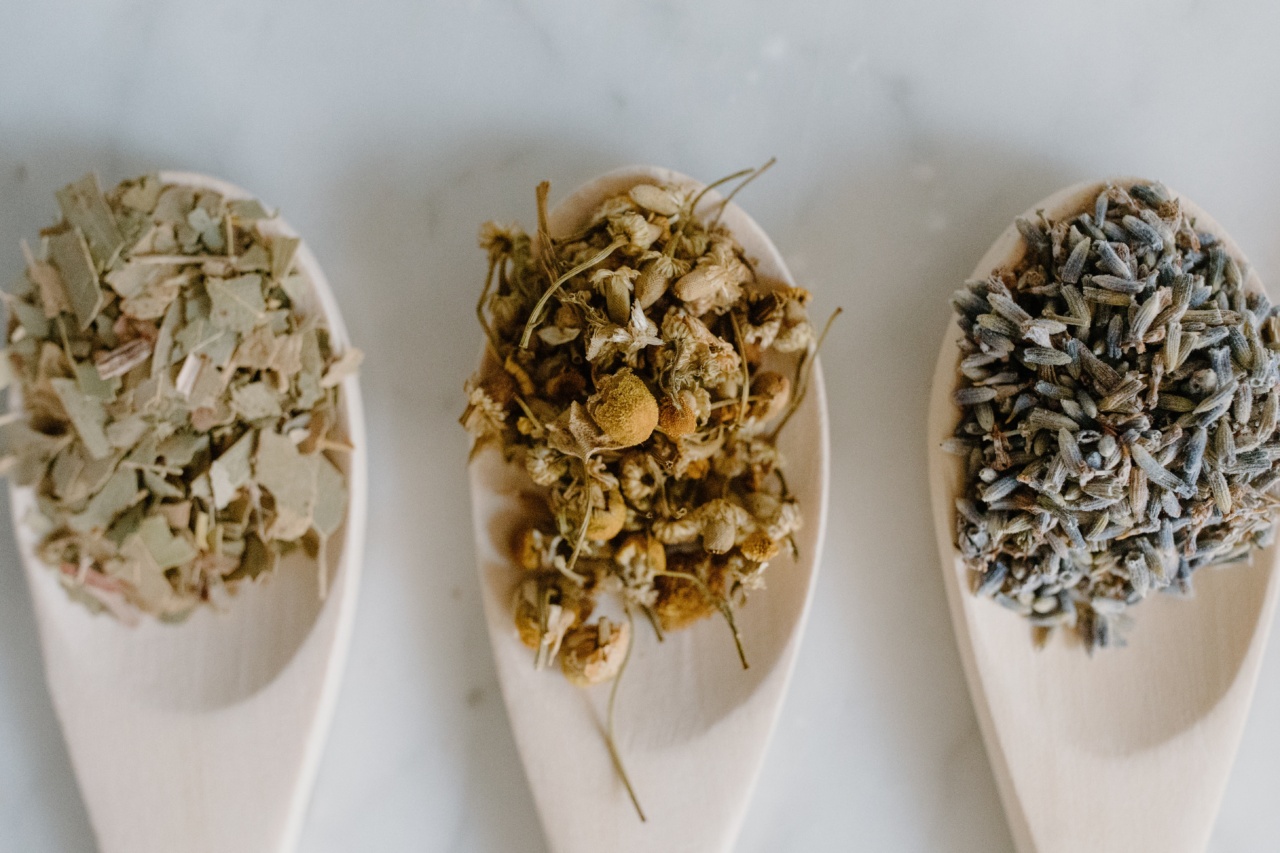When it comes to finding a cure for various health issues, many individuals are turning to herbal remedies for their natural healing properties.
While conventional medicine has its benefits, it often comes with a long list of side effects that can outweigh the benefits. In contrast, herbal remedies offer a safer alternative with minimal to no side effects.
The Power of Herbal Medicine
Herbal medicine, also known as herbalism or botanical medicine, is a traditional practice that uses plants and plant extracts to support health and treat various conditions.
People have been using herbs for medicinal purposes for centuries, and their effectiveness is backed by both historical evidence and scientific research.
Benefits of Herbal Medicine
One of the significant advantages of herbal medicine is its ability to stimulate the body’s natural healing processes without introducing harmful chemicals.
Unlike prescription drugs, herbal remedies typically have fewer side effects, making them a popular choice for individuals seeking a more gentle approach to healing.
Furthermore, herbs offer a holistic approach to health. Rather than merely targeting the symptoms, herbal remedies aim to address the root cause of the issue, supporting the body’s natural balance.
This focus on the overall well-being can lead to long-lasting improvements in health.
Herbs with No Side Effects
While it’s essential to consult with a healthcare professional before starting any new treatment, certain herbs have gained a reputation for their potent healing properties and lack of side effects.
Let’s explore some of these remarkable herbs:.
1. Chamomile
Chamomile is widely known for its calming properties and its ability to help with sleep issues, anxiety, and digestive problems. It has anti-inflammatory and antioxidant effects, making it a valuable herb for overall wellness.
2. Turmeric
Turmeric is a vibrant yellow spice commonly used in many cuisines. It contains a powerful compound called curcumin, which has anti-inflammatory and antioxidant properties.
Turmeric can help with various conditions, including arthritis, digestive disorders, and even certain types of cancer.
3. Ginger
Ginger has been used for centuries to settle upset stomachs and provide relief from nausea. It also possesses anti-inflammatory properties and can help with pain management.
Additionally, ginger has immune-boosting effects, making it an excellent herb for overall immunity support.
4. Echinacea
Echinacea is a popular herb for supporting the immune system. It can help prevent and alleviate the symptoms of the common cold and other respiratory infections.
Echinacea stimulates the production of white blood cells, enhancing the body’s ability to fight off pathogens.
5. Peppermint
Peppermint is not only a refreshing herb but also a fantastic remedy for digestive issues such as bloating, indigestion, and irritable bowel syndrome (IBS).
Peppermint has antispasmodic properties that can relax the muscles of the gastrointestinal tract, providing relief from discomfort.
6. Ashwagandha
Ashwagandha is an adaptogenic herb that helps the body cope with stress. It’s known for its ability to reduce anxiety, improve sleep quality, and enhance cognitive function.
Ashwagandha also has anti-inflammatory and antioxidant effects, offering additional health benefits.
7. Ginseng
Ginseng has been used in traditional medicine for centuries due to its powerful properties. It is known to combat fatigue, boost energy levels, and support the immune system. Ginseng is also believed to enhance mental clarity and improve mood.
8. St. John’s Wort
St. John’s Wort is a herb commonly used to alleviate symptoms of depression and anxiety. It enhances the production of serotonin, a neurotransmitter responsible for regulating mood. St.
John’s Wort can be a natural alternative for those seeking relief from mild to moderate depressive symptoms.
9. Valerian
Valerian is a well-known herb for promoting calmness and relaxation. It is often used as a sleep aid due to its sedative properties.
Valerian can help with insomnia and improve sleep quality without causing morning grogginess, unlike some pharmaceutical sleep medications.
10. Ginkgo Biloba
Ginkgo Biloba is an herb revered for its cognitive-enhancing properties. It improves blood circulation, especially to the brain, which can enhance memory, focus, and overall cognitive function.
Ginkgo Biloba is often used as a natural remedy for age-related cognitive decline and dementia.
Conclusion
Exploring the world of herbal medicine opens up a realm of possibilities for safe and effective treatments with minimal side effects.
While herbal remedies have been used for thousands of years, it is crucial to consult with a healthcare professional before incorporating them into your wellness regimen.
Remember, although herbs offer many benefits, they may interact with certain medications or underlying health conditions.
Combining the wisdom of traditional knowledge with modern research can ensure the most effective and safe use of herbal remedies as a potent, side-effect-free cure.































